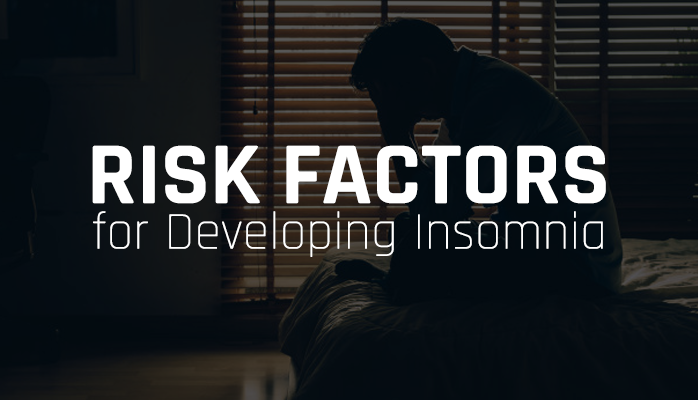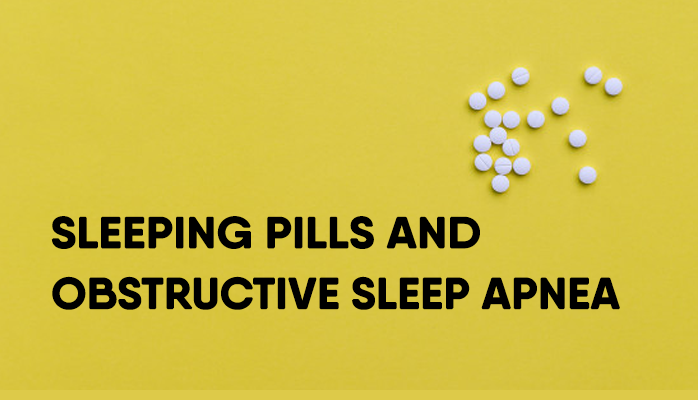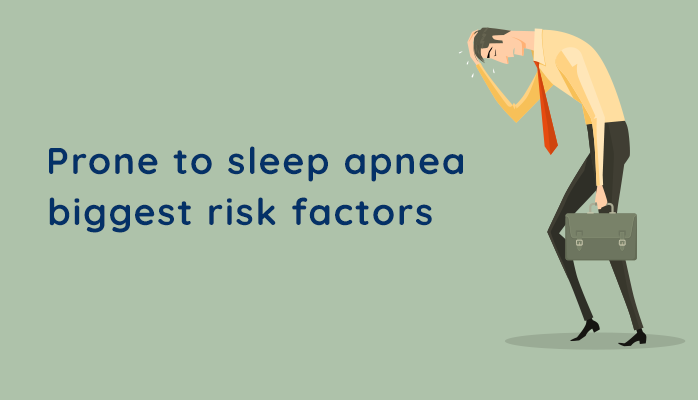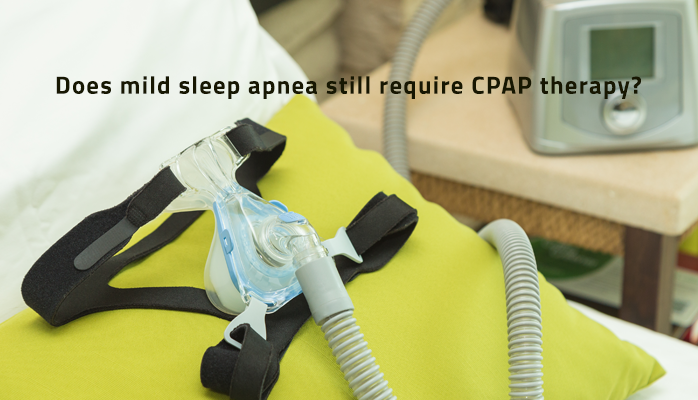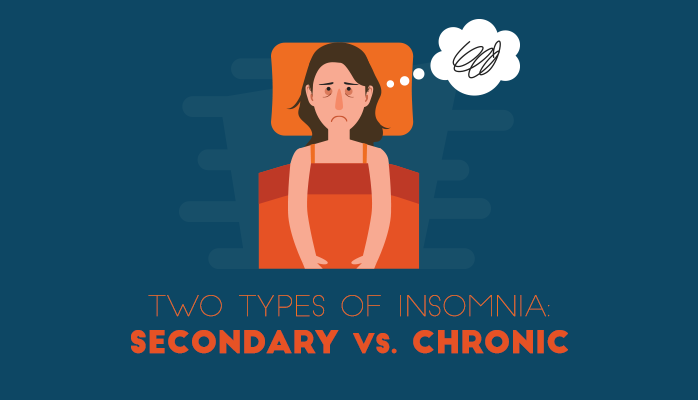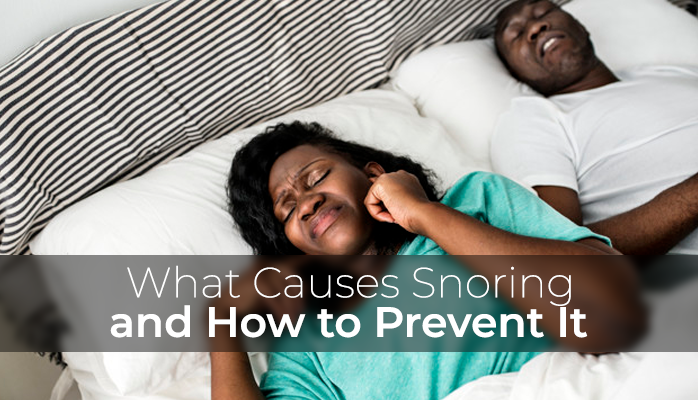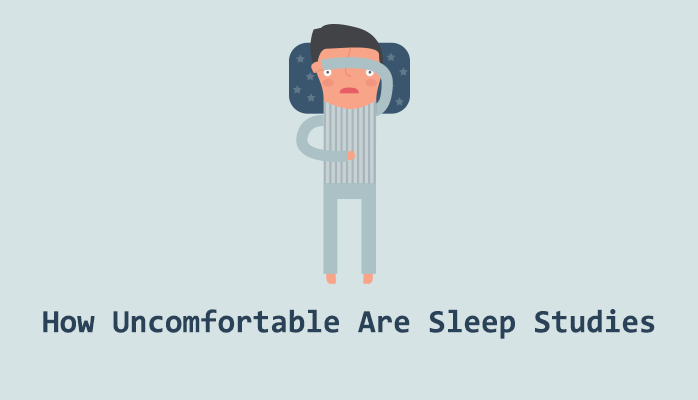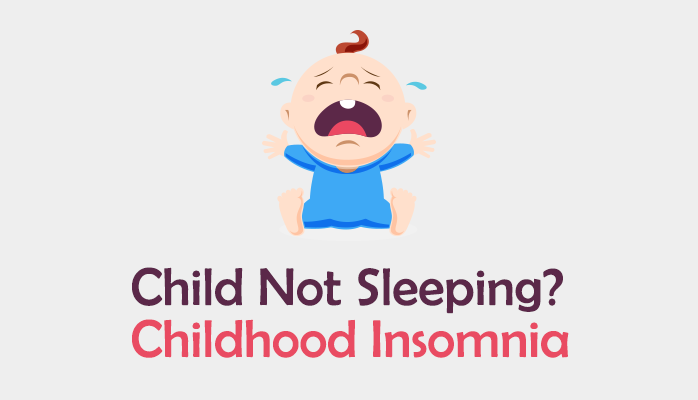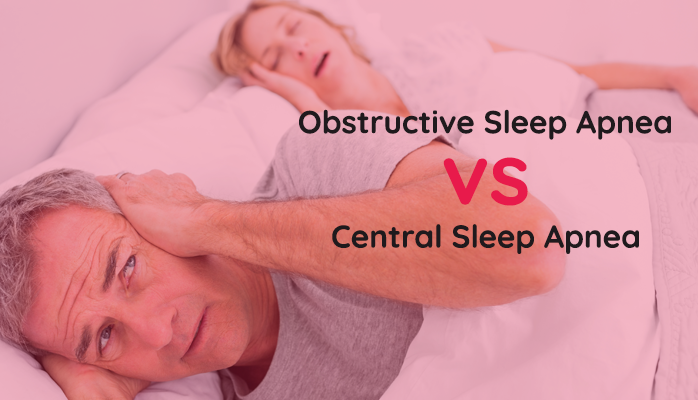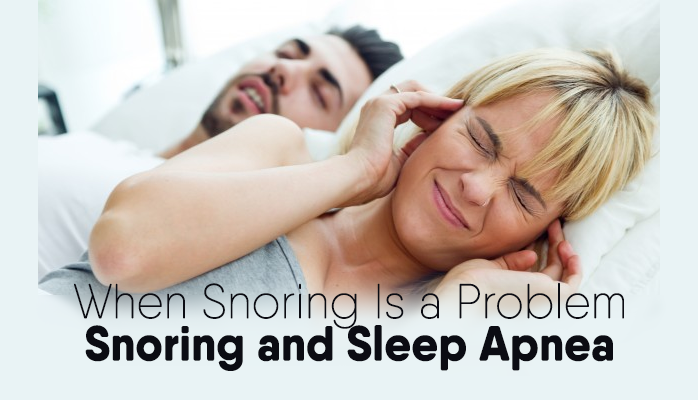The Socially Unacceptable Snoring Threshold
What’s the difference between “normal snoring” and SUS (socially unacceptable snoring)? Nearly everyone snores from time to time. Many of us snore with regularity, also called chronic snoring. Snoring and chronic snoring are generally not harmful.
But, they can be a sign of a deeper problem. This is when they are termed "problematic snoring". Problematic snoring can include the following characteristics:
- Your snoring keeps your bed partner or roommate up
- Your bed partner has to wear ear plugs to sleep
- Your snoring is the basis for many family jokes
- You snore most (or all) nights
Socially unacceptable snoring really comes down to this: it’s very disruptive for anyone near you to sleep. Beyond being disruptive, it can be a sign that there are underlying and concerning medical conditions causing the snoring – mainly, obstructive sleep apnea (OSA), of which SUS is a primary symptom.
If your snoring is a problem, it’s definitely worth trying to identify if there are underlying problems.

